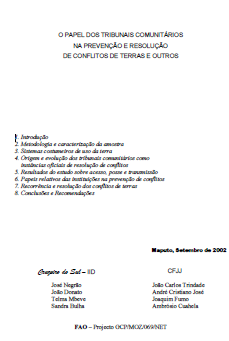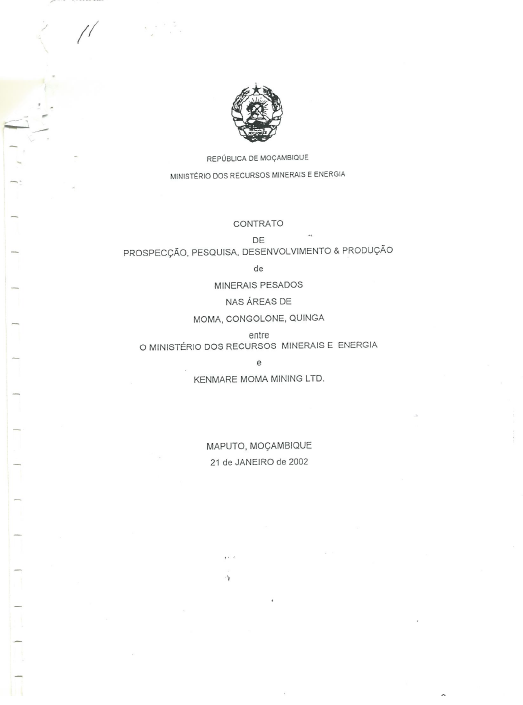The Emergence Of The Landless People’s Movement In SA
The new political dispensation in South Africa was the result of a political compromise, which depended on a crucial agreement to leave many of the existing power and wealth relationships intact. The advent of democracy in South Africa presented African people with long awaited political freedom but minimal social and economic liberation. The wealth was to remain in the hands of the few and any attempts by government to reverse the status quo was thwarted by the realities of the harsh global capitalist market system.







